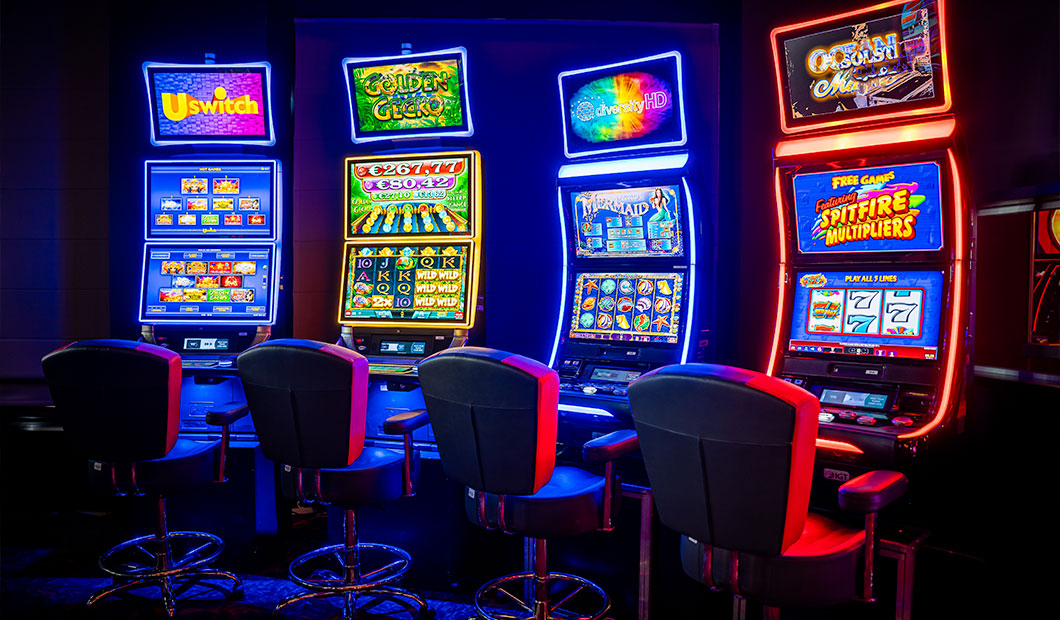
Casino offerings have been a source entertainment and excitement for countless players around the globe. One of the main components that make these games captivating is the variety of cards used in different kinds of games. Understanding the different types of cards can improve your experience and refine your gameplay strategies. Whether you are drawn to classic card games like Texas Hold’em and 21 or modern casino offerings, each game relies on a unique set of cards that influences the rules and the rhythm of play.
In casino settings, cards come in various forms, each designed to meet the requirements of specific games. From regular decks to custom card variations, the diversity plays crucial role in molding the mechanics of each game. By acquainting yourself with these cards and their applications, you can achieve more profound insights into the games and make more informed decisions at the table. This understanding not just enhances your gaming experience but also adds to a higher-level approach to your odds of success.
Types of Playing Cards
When discussing casino games, the type of playing cards used can greatly impact the gameplay and strategy. The most frequent deck is the traditional 52-card deck, which consists of four suits: clubs, and spades. Each suit contains 13 ranks, from Ace to King. This standard deck is essential in many games, such as poker, where gamblers aim to create the best hand possible or approach 21 as they can.
Some casino games utilize special decks specifically designed for the game itself. For example, the popular game of baccarat often uses various decks combined, typically 6 or 8. This not only increases the difficulty of the game but also impacts wagering strategies, as players must account for the increased number of cards in play. Additionally, certain games may introduce jokers or wildcards, providing further diversity and excitement to the gaming experience.
In niche games, specialized decks may come into play. siti casino non AAMS For instance, in games like Bridge or Pinochle, players might use specific rules with different card values or roles. These variations keep the gameplay new and allow for diverse strategies to emerge. Understanding the different types of playing cards and their particular uses in various casino games is key to improving one’s gambling experience and boosting overall performance at the tables.
Deck Modifications in Gambling Games
In casino games, the type of deck utilized can significantly affect both the play and the tactics employed by participants. Most traditional playing card games, such as 21 and five-card draw, typically utilize a regular 52-card deck. However, variations do exist where extra wild cards or even multiple packs are utilized. For instance, in blackjack, some gaming establishments may use one to eight decks, which can change the odds and the fundamental tactics required to compete optimally. Participants must be aware of the set of cards composition, as it influences the house edge.
Another common modification in gambling playing card games is the utilization of specialized or specialized packs. For instance, some five-card draw activities might use a set of cards that features unique images or designs, which can enhance the atmosphere at the gaming table. These specialized packs often function to distinguish between different game formats or loyalty initiatives within the gaming establishment. While the traditional guidelines of the game remain the same, the visual appeal can influence player engagement and satisfaction.
Finally, the shuffling techniques used with different types of packs can also impact play. Casinos often make use of automatic mixing machines that can effectively shuffle several packs efficiently, making card counting more challenging. The frequency and method of shuffling can differ widely based on the activity and the gaming establishment’s policies. Comprehending these deck modifications is important for any player looking to improve their game strategy and overall enjoyment in gaming games.
Significance of Cards Values
In gaming activities, the significance of every playing card plays a key role in deciding the consequences of different activities. Distinct activities assign unique values to playing cards, shaping tactics and player decisions. For case, in blackjack, playing cards ranging 2 through ten are valued at their nominal value, while court playing cards hold a value of ten, and the Ace can be valued either 1 or 11. Grasping these worths allows players to make informed choices during play, enhancing their odds of success.
Likewise, in Texas Hold’em, the importance of card worths extends to hand and hand rankings. High worth playing cards can form stronger hands, such as pairs, straight hands, or flush hands, which are essential for winning in the game. Players must consider not only their personal cards but also possible hands their opponents might hold. This tactical complexity adds interest and complexity, making playing card values a key element in poker’s appeal.
Additionally, the psychological aspect of card worths cannot be dismissed. Players may use the awareness of playing card worths to deceive or trick their opponents. By grasping how a playing card’s worth can impact the game’s mechanics, players can more effectively manage hazards and gains, creating a exciting environment in casino games. Whether competing for fun or for real cash, awareness of playing card values significantly affects the overall playing encounter.